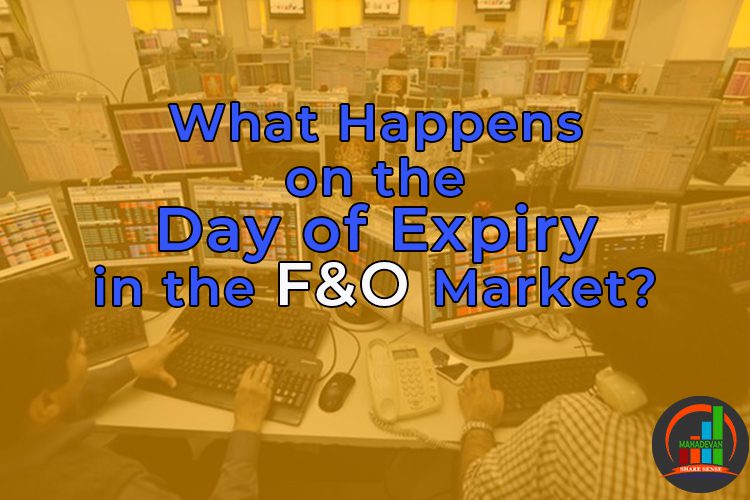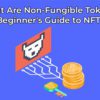

An expiry day marks the last day for the use of any product or service. In the case of a stock market, the expiry signals the end of a service or a contract. For trading in the derivatives market (Future and Options contracts), the expiry date denotes the last day of the contract after which the contract is invalid.
When a derivatives contract expires on the expiry date, it has various repercussions for the Indian stock market as well as the derivative traders as a whole. Keep reading to find out what happens on the day of expiry in the F&O market.
What Are Derivative Contracts?
A Derivative is a contract between 2 (or more) parties whose value is based on an agreed-upon underlying financial asset, security or an index. Derivative contracts include futures and options contracts drawn on currencies, stocks, commodities, etc.
Futures and Options contracts are similar only in a way that carries a promise to sell or buy an asset on an agreed-upon price at a future date. Under the Futures Contract, you are bound to fulfil the contract on the expiry date and cannot let the contract expire.
On the contrary, under an Options Contract, you are not liable to fulfil the promise. You can ignore the contract and it expires on the set date. This is the difference between the Futures and Options Contract.
What Is the Expiry Date in Derivatives Trading?
The Indian Stock Exchange has a fixed expiry date for the Future and Options Market (F&O Market). This is done to avoid any confusion or ambiguity among the traders of the stock market. The last Thursday of every month is set as the expiry date in derivatives trading.
For example, if you buy a futures contract on January 10, 2022, then the expiry date for the contract would be January 27, 2022, i.e. the last Thursday of the month.
If the last Thursday of the month is a trading holiday, the market will stay closed on that day. In this case, the previous day would be considered as the expiry date which is the last Wednesday of the month.
What Happens on the Expiry Date?
On the Expiry date, here is what happens in the different types of derivative contracts:
- Options Contract
For Options Contract, you are not liable to fulfil the contract. In this case, if you don’t act upon the contract within the expiry date, it will simply expire. The premium paid by you to buy the option will be forfeited by the seller. You are not bound to pay anything else.
- Futures Contract
Under the Futures Contract, you will have to fulfil the contract on the expiry date. You can do it either of the 2 ways:
- You can pay the cash settlement for the futures contract. For example, suppose you have bought 500 shares of an ABC company. On the expiry date, you will have to pay the amount needed to close the futures contract. You are liable to purchase the specified shares and pay for their value.
- You can purchase another contract that cancels your future contract. For example, suppose you buy a futures contract to buy 500 shares of an ABC company. On the expiry date, you can purchase another futures contract to sell 500 shares of the ABC company.
The new contract nullifies the first contract to sell the shares and would hold valid. In these cases, you will have to settle the price difference, if any. As the share prices fluctuate every day, the futures contract’s price will also change based on the stock price movements.
Therefore, the futures contract that you purchase first may have a different price than the futures contract that you purchase later. In this case, you will have to settle the price difference to settle down your contract on the expiry date.
Impact of the Expiry Date on the Stock Price
The expiry date marks the closure of Futures and Options Contracts. But there is considerable volatility on the stock exchange. The stock market may act bearish or bullish depending on the nature of the derivative contracts settled on the expiry date.
Moreover, Arbitrary trading also affects the prices of the stock market close to the expiry date. Arbitrary trading is a type of trading when F&O traders assess the performance of the underlying assets of the contract before the expiry date.
The F&O traders also trade on the secondary markets to gain profits. They may purchase from the secondary market and sell that on the F&O market or vice-versa. The buy and sell process causes price fluctuations and impacts the whole stock market.
However, the impact is short-term in nature. The stock market corrects itself after the expiry date is over.
Summing Up
If you are planning to trade in Futures and Options, you should be aware of the expiry date of the contracts you buy. As a trader, you should also know the impact of the expiry date on the whole stock market. You can try booking short-term gains due to enhanced volatility near the expiry date or stay away from trading to cut down losses.














